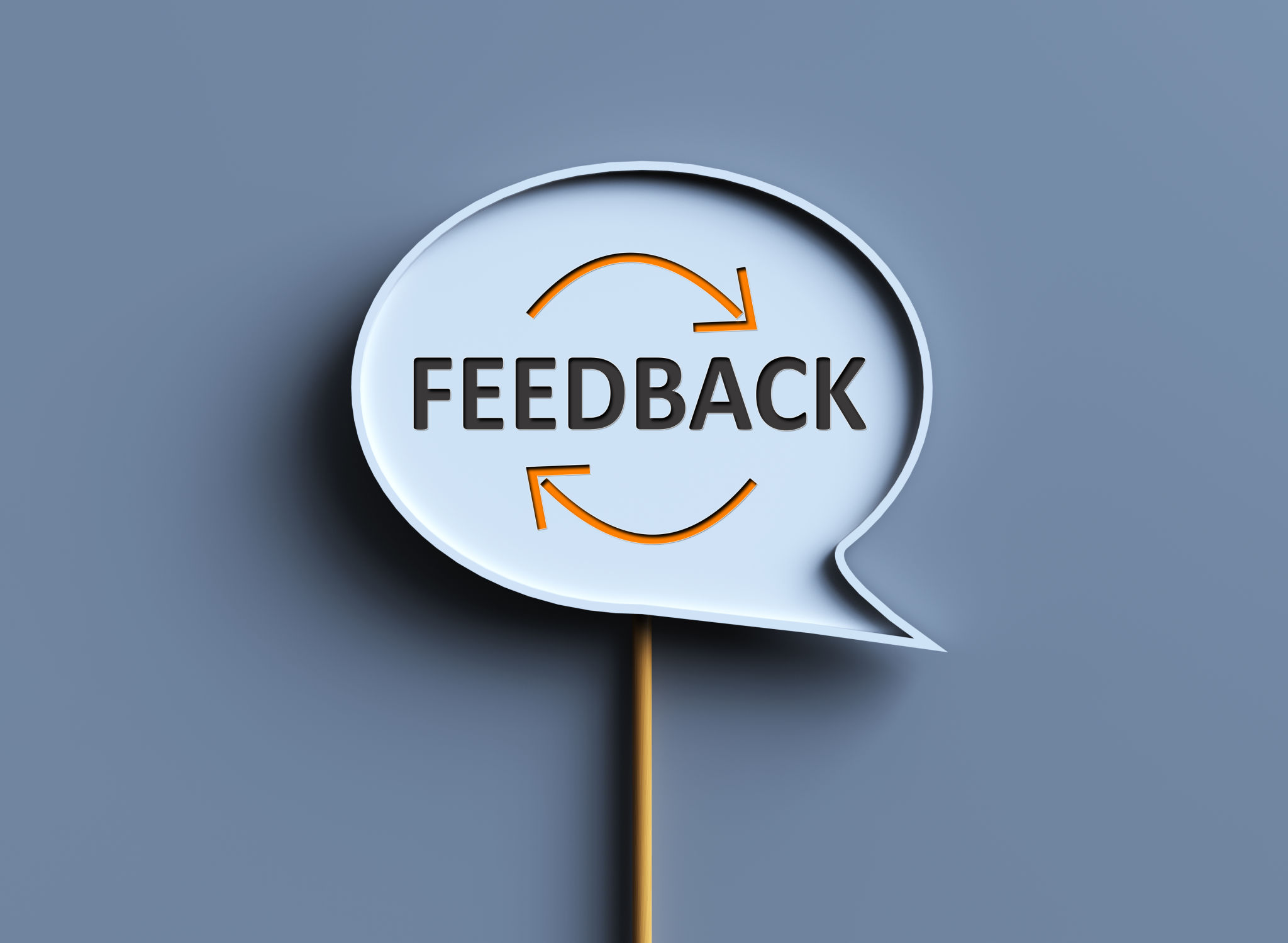How to Choose the Right Healthcare Consultant for Your Needs
SK
Understanding Your Needs
Before you start looking for a healthcare consultant, it is essential to understand your specific needs. Are you seeking advice on healthcare management, improving patient care, or streamlining operations? Clearly defining your objectives will help you find a consultant with the expertise to guide you effectively. Consider the size and scope of your healthcare facility as well, since different consultants specialize in varying scales of operations.
Once you've identified your needs, outline the goals you wish to achieve with the help of a consultant. This clarity will not only assist in your search but also help the consultant deliver tailored solutions that align with your vision.

Researching Potential Consultants
With a clear understanding of your requirements, begin researching potential consultants. Look for professionals with proven experience in the healthcare sector. You can start by exploring online directories and professional networks to gather a list of candidates. Additionally, seek recommendations from industry peers who have had successful engagements with consultants.
As you compile your list, examine each consultant’s educational background, certifications, and past projects. A consultant with a robust portfolio in your specific area of need is likely to provide valuable insights and strategies. Don't hesitate to reach out to consultants for an initial discussion to gauge their understanding of your challenges.

Evaluating Experience and Expertise
Experience and expertise are critical factors when choosing the right healthcare consultant. Look for consultants who have worked with healthcare providers similar to yours. Their familiarity with industry trends and regulations can be a significant advantage. Furthermore, consider consultants who have published articles or spoken at conferences, as these activities indicate a commitment to staying current in their field.
It’s also beneficial to assess their problem-solving approach. During initial meetings, ask how they have tackled similar challenges in the past. Their responses should reflect analytical thinking and an innovative mindset, essential qualities for effective consultancy.

Assessing Communication Skills
Effective communication is crucial in consultancy relationships. Ensure the consultant you choose has excellent communication skills, both verbal and written. They should be able to explain complex concepts in a manner that is easy for your team to understand and implement. Additionally, their listening skills are equally important, as they need to fully comprehend your challenges and objectives.
During your interactions, observe their ability to listen actively and ask insightful questions. A consultant who values open dialogue and encourages feedback can foster a collaborative environment that is conducive to achieving your goals.
Checking References and Reviews
Before finalizing your decision, check references and reviews from previous clients. This step will provide insights into the consultant’s reliability, professionalism, and effectiveness. Reach out to these references to ask about their experiences working with the consultant and whether they achieved their desired outcomes.
Online reviews can also offer additional perspectives. While reading reviews, look for recurring themes regarding the consultant’s strengths and weaknesses. This information can help you make an informed decision.

Negotiating Terms and Conditions
Once you have selected a consultant, it’s time to negotiate terms and conditions. This includes discussing the scope of work, timelines, deliverables, and fees. Be sure to clarify any uncertainties before signing a contract to avoid misunderstandings later on. A good consultant will be transparent about their process and costs.
Establish clear communication channels and set up regular check-ins to monitor progress. This ongoing dialogue will ensure that the consultancy remains focused on your objectives and adapts to any changes or challenges that arise during the engagement.